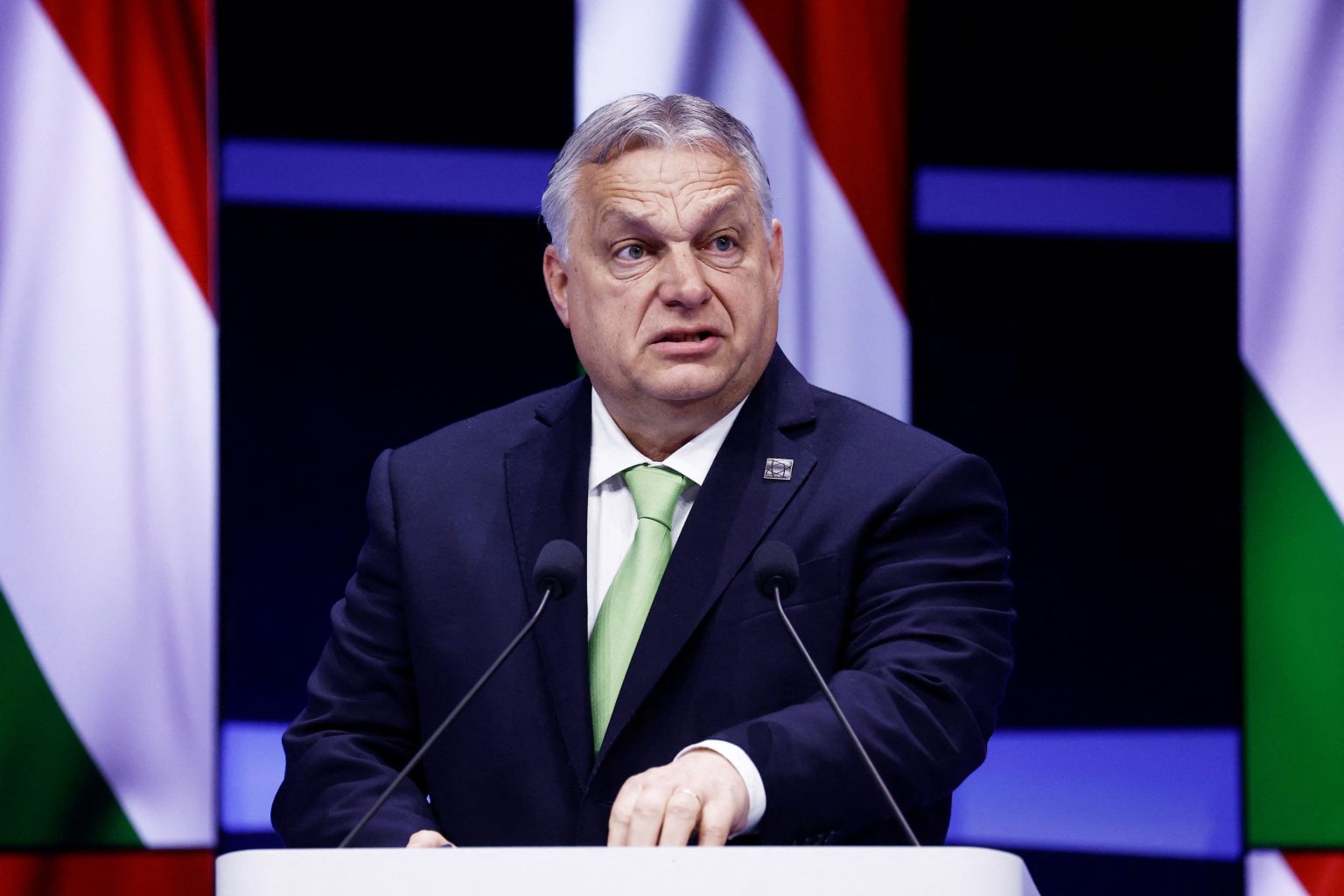Hungarian Prime Minister Viktor Orbán expressed concerns at a campaign event for his Fidesz political party that Western leaders are on the brink of sending soldiers to fight in Ukraine, warning that this could drag Europe into a military conflict that could have serious consequences. Orbán, who has been sympathetic to Russian President Vladimir Putin, has consistently opposed aid to Ukraine from the European Union and has spoken out against Ukraine’s potential membership in NATO. He urged for peace and pledged that Hungary would not get involved in the Russo-Ukrainian war.
The debate over potentially sending Western troops into Ukraine was sparked by French President Emmanuel Macron’s statement that NATO should not rule out sending soldiers into Ukraine to prevent Russia from gaining an advantage in the conflict. While some NATO leaders were against the idea, others suggested it should be considered. However, Orbán criticized European leaders for already getting involved in the war in Ukraine and condemned what he perceived as a pro-war mentality in Brussels and NATO. He emphasized the need for a clear commitment to peace and stated that Hungary would not take sides in the conflict.
Orbán did not provide any evidence to support his claims that Western leaders were close to deploying soldiers in Ukraine. The Kremlin has previously warned that Western troops entering the war could result in a direct confrontation between NATO and Russia. A Kremlin spokesperson stated that the involvement of Western troops would lead to an inevitable clash, emphasizing the grave consequences of such a scenario. The situation remains tense as the international community debates the appropriate response to the conflict in Ukraine.
The Hungarian Prime Minister’s comments come amid escalating tensions in the region and concerns about the potential for further military involvement in Ukraine. The conflict has strained relations between Russia and Western countries, with NATO members weighing their options in response to the ongoing crisis. Orbán’s stance on the issue reflects his support for a peaceful resolution and his commitment to not allowing Hungary to be drawn into the conflict between Russia and Ukraine.
As the situation continues to evolve, the international community faces difficult decisions regarding how to address the conflict in Ukraine. The possibility of Western troops becoming involved remains a contentious issue, with differing opinions among NATO members on the appropriate course of action. Orbán’s statements highlight the complex political dynamics at play and the challenges in finding a common ground on how to respond to the crisis in Ukraine. As debates continue and tensions persist, the need for a peaceful resolution to the conflict remains a top priority for all parties involved.


